Cholesterol is one of the most talked-about aspects of our health, yet there is a lot of confusion surrounding it. While many people associate cholesterol with heart disease, the full picture is far more nuanced. Understanding the facts and debunking myths about cholesterol can empower you to make better health choices. Here are 15 truths—good, bad, and misunderstood—about cholesterol that everyone should know.
1. Cholesterol Is Not the Villain We Think It Is

Cholesterol has been the target of much finger-pointing over the years, but it’s not the heart-damaging villain it’s often made out to be. In reality, it’s essential for various bodily functions, from building cell membranes to producing vital hormones like estrogen and testosterone. The problem lies not with cholesterol itself, but with the type of cholesterol circulating in your bloodstream. When you have too much LDL (low-density lipoprotein) cholesterol, it’s a different story.
But here’s the thing: not all cholesterol is created equal. HDL (high-density lipoprotein) cholesterol, often referred to as “good” cholesterol, actually helps remove LDL from the bloodstream, lowering your risk for heart disease. According to Medical News Today, cholesterol plays a vital role in hormone production and cell membrane health, but maintaining a balance between LDL and HDL is crucial for cardiovascular health.
2. Eating Cholesterol Doesn’t Necessarily Raise Your Blood Levels

For years, we were told to avoid foods rich in cholesterol—eggs, shrimp, and butter—because they would send our cholesterol levels through the roof. The reality? Not so much. Studies have shown that dietary cholesterol has a relatively small impact on blood cholesterol for most people. Instead, saturated fats and trans fats are the bigger culprits when it comes to raising your cholesterol levels.
Your body produces most of the cholesterol it needs, and only a small percentage comes from the food you eat. So, while it’s still wise to be mindful of your intake, eating eggs or shrimp now and then isn’t the dietary sin we’ve been led to believe. According to the INTERMAP Study, dietary cholesterol intake has a limited impact on blood cholesterol levels compared to other dietary factors like saturated fat.
3. Cholesterol Testing Is More Complex Than You Think
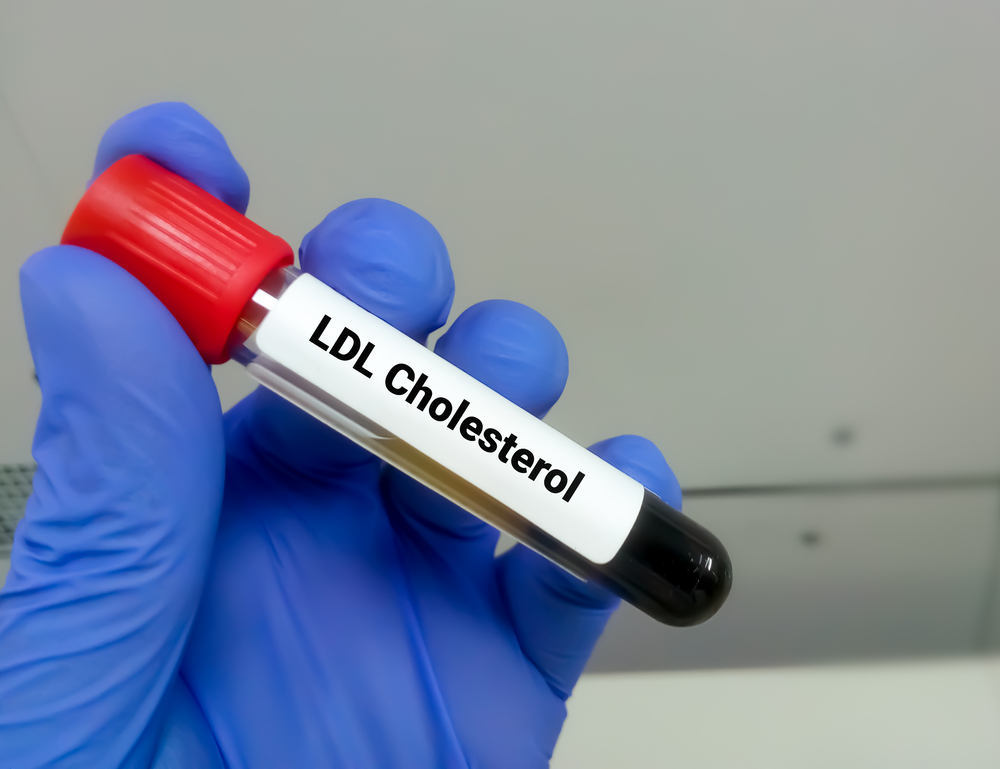
When you visit your doctor for a cholesterol test, they’re typically measuring total cholesterol, LDL, and HDL levels. But here’s where things get murky: these numbers alone don’t give the full picture. A person could have a “normal” cholesterol level but still be at risk for heart disease due to other factors like inflammation, the size of their LDL particles, or their family history.
Moreover, cholesterol isn’t the only thing that matters. Inflammation is another key player in cardiovascular health, so relying on cholesterol testing alone as an indicator of your overall health is like judging a book by its cover. According to the National Heart, Lung, and Blood Institute, recent research suggests that HDL cholesterol may not uniformly predict cardiovascular disease risk across different racial and ethnic groups, highlighting the need for more comprehensive risk assessments.
4. Statins Aren’t the Only Solution
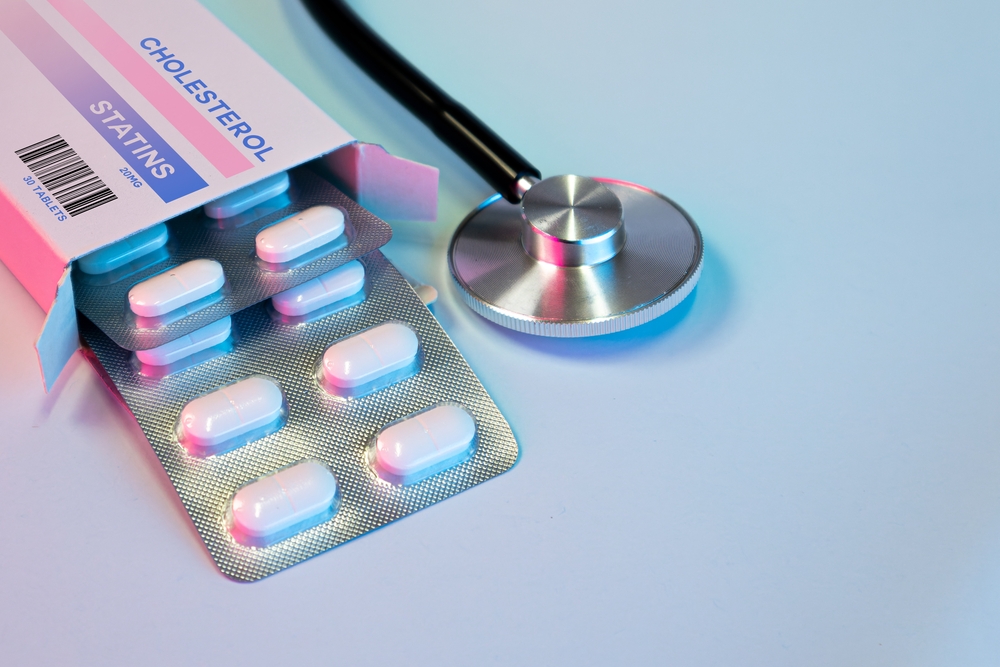
Statins are often prescribed to lower cholesterol, but they are not the be-all and end-all. These medications work by inhibiting the liver’s ability to produce cholesterol, which can reduce LDL levels and lower your risk for heart disease. However, they come with a long list of potential side effects, including muscle pain, fatigue, and digestive issues. And, as with any medication, the effects can vary from person to person.
The good news is there are natural alternatives that can help lower cholesterol, including dietary changes, exercise, and supplements like omega-3 fatty acids and soluble fiber. Lifestyle changes should always be the first line of defense. According to CardioSmart, natural remedies such as bergamot, garlic, and green tea may complement existing treatments for patients who cannot tolerate statins.
5. High Cholesterol Can Be Genetic
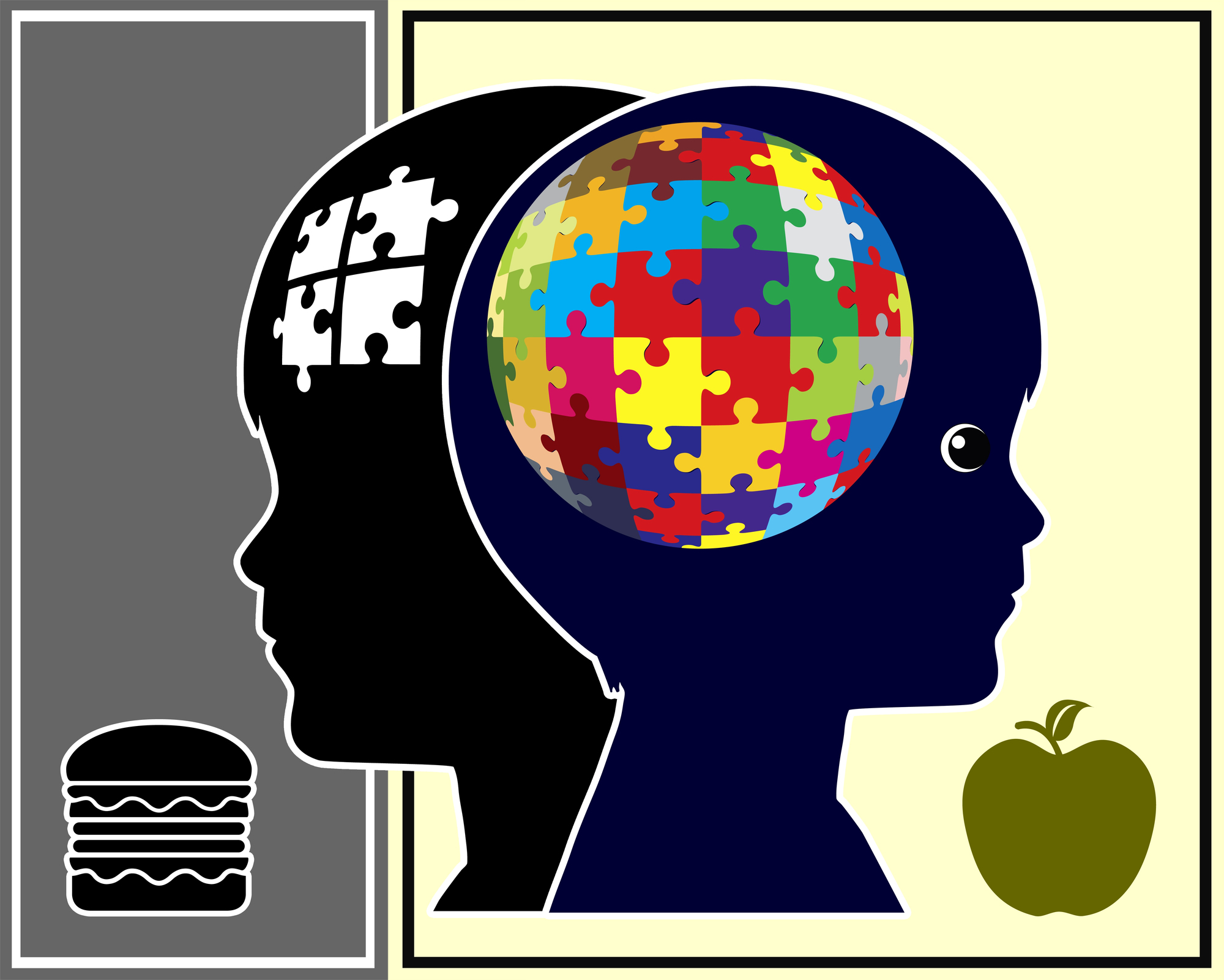
If you’ve been doing everything right—eating well, exercising, and avoiding stress—and your cholesterol still runs high, it may not be your fault. Familial hypercholesterolemia, a genetic condition, causes abnormally high cholesterol levels and can increase the risk of heart disease at an early age. It’s one of those things you’re born with, and it’s not something you can will away through healthy habits.
For those with this genetic predisposition, early screening is crucial. The good news is that familial hypercholesterolemia is now more widely recognized, and there are treatments available that can help control cholesterol levels, even when lifestyle changes alone aren’t enough. Don’t ignore a family history of heart disease—genetics can be a powerful force.
6. Cholesterol Levels Can Fluctuate
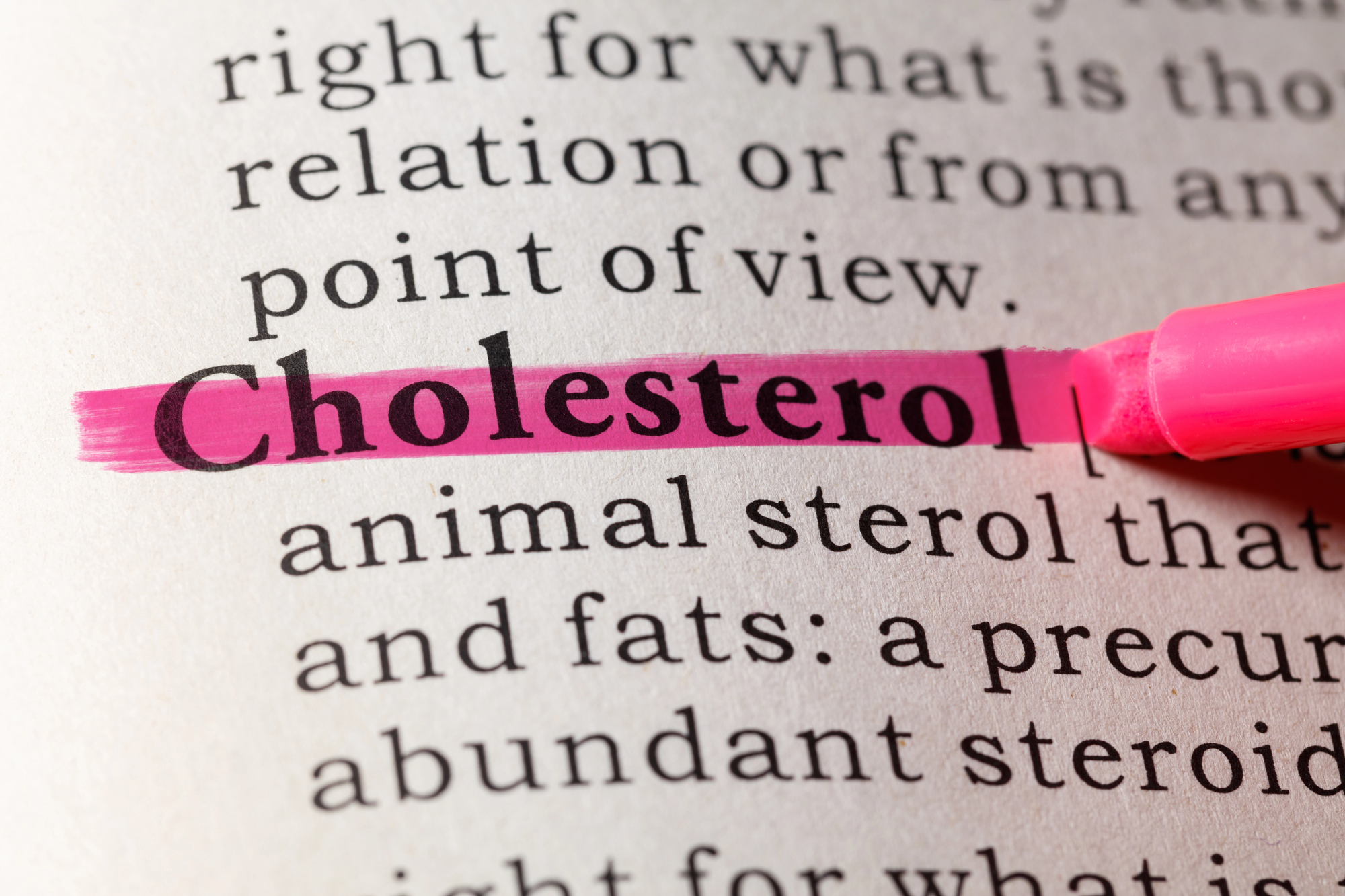
Your cholesterol levels are not set in stone. They can fluctuate depending on a variety of factors—stress, diet, exercise, and even the weather. You might notice that your numbers are higher after a period of stress or if you’ve been eating a bit too much comfort food. Similarly, regular exercise and a diet rich in fruits, vegetables, and healthy fats can keep cholesterol levels in check.
But what’s most surprising? Sometimes your cholesterol numbers can change without any noticeable lifestyle change at all. It’s not always clear why this happens, but it underscores how dynamic and individual our bodies are. So, if your cholesterol levels shift over time, it’s worth having a conversation with your doctor about the factors at play.
7. Cholesterol Is Not Just a Heart Issue

While cholesterol is most commonly associated with heart disease, its influence extends far beyond your cardiovascular system. High cholesterol levels can also impact your liver, kidneys, and pancreas. Cholesterol plays a role in bile production, which helps in digestion, and if it builds up in the liver, it can lead to non-alcoholic fatty liver disease. It’s a reminder that everything in our bodies is connected, and cholesterol is a key player in maintaining a healthy balance.
Additionally, emerging research suggests that cholesterol may even be linked to other conditions like Alzheimer’s disease. While more studies are needed, some scientists believe that abnormal cholesterol metabolism could contribute to cognitive decline. Your cholesterol levels are not just a matter of heart health—they’re an important factor in your overall well-being.
8. Low Cholesterol Isn’t Always Better
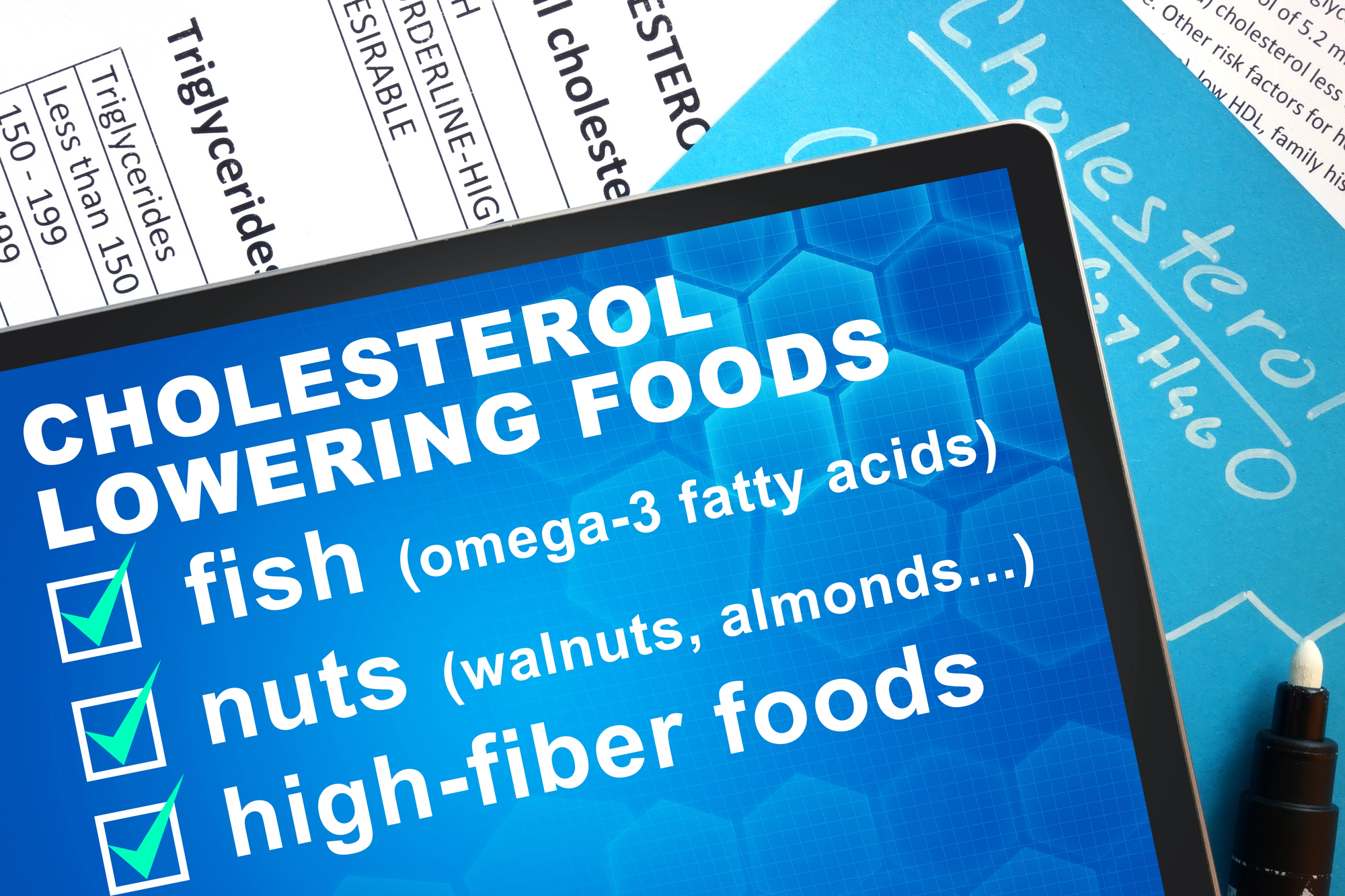
We’ve been conditioned to think that lower cholesterol is always better, but that’s not the whole story. Very low cholesterol levels can also be problematic. Some research suggests that low cholesterol is associated with an increased risk of cancer, depression, and even stroke. It’s crucial to find a balance—having too little cholesterol can be just as harmful as having too much.
Cholesterol is involved in hormone production and cell membrane structure, so when levels drop too low, it can disrupt these vital functions. The key is to aim for optimal cholesterol levels, not the lowest possible number. Focus on improving the quality of your cholesterol, rather than obsessing over the number itself.
9. The Mediterranean Diet Can Be a Game Changer

When it comes to cholesterol, the Mediterranean diet is often hailed as a miracle worker. Rich in fruits, vegetables, whole grains, nuts, seeds, and healthy fats like olive oil, this eating pattern has been shown to improve cholesterol levels and heart health. The high intake of omega-3 fatty acids from fish also plays a role in reducing inflammation and promoting healthy cholesterol ratios.
What makes the Mediterranean diet stand out is its focus on wholesome, minimally processed foods. Unlike fad diets that come and go, this is a sustainable way of eating that provides long-term benefits. If you’re looking for a way to improve your cholesterol while enjoying delicious food, this could be the answer you’ve been searching for.
10. Your Gut Plays a Bigger Role Than You Think

There’s a surprising connection between your gut and your cholesterol levels. Research has shown that the health of your gut microbiome can influence how your body processes cholesterol. Certain gut bacteria can help lower cholesterol by breaking down bile acids, making them more easily excreted. A healthy gut may be your secret weapon in the battle for better cholesterol.
But how do you nurture your gut microbiome? By eating a diet rich in fiber, fermented foods, and prebiotics. Probiotic-rich foods like yogurt, kimchi, and sauerkraut promote the growth of healthy gut bacteria that can help manage cholesterol levels. So, take care of your gut—it might just take care of your cholesterol.
11. Artificial Sweeteners May Raise Your Cholesterol
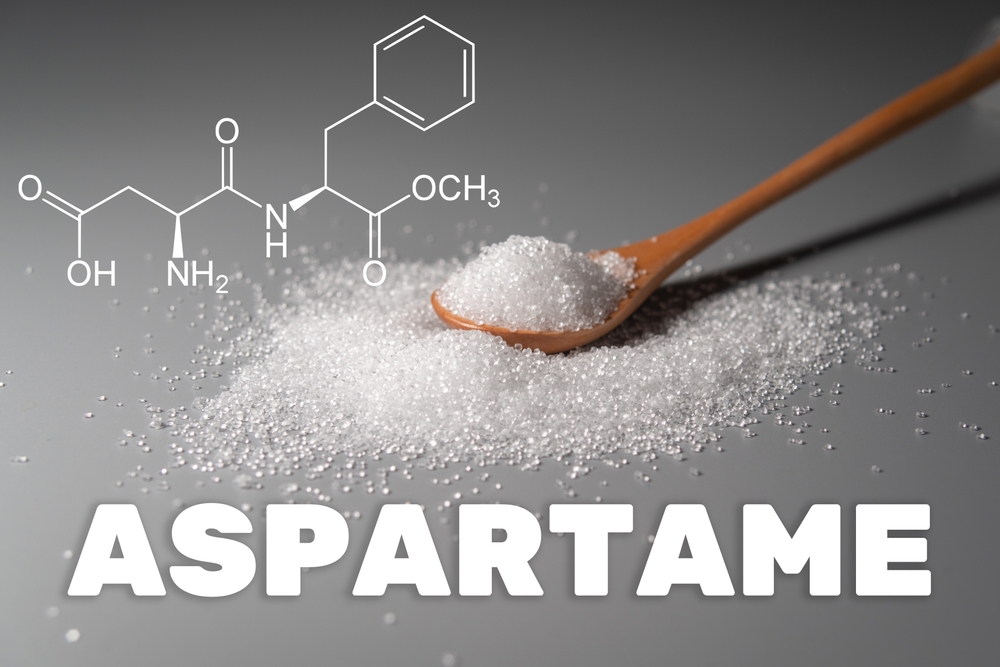
While artificial sweeteners are often considered a guilt-free way to satisfy your sweet tooth, some studies suggest they may negatively affect your cholesterol. Some research has found that certain artificial sweeteners can alter gut bacteria and lead to higher LDL cholesterol levels. Although the evidence is still developing, it’s worth being cautious about consuming too many sugar substitutes.
If you’re trying to keep your cholesterol in check, consider swapping out artificial sweeteners for natural alternatives like stevia or monk fruit. While they may not have the same taste as sugar, they won’t carry the same potential risks to your cholesterol. Moderation is key, whether you’re sweetening your coffee or indulging in a treat.
12. Trans Fats Are the Real Enemy

Trans fats, which are found in many processed foods, are the true villains in the cholesterol saga. These fats raise your LDL cholesterol while lowering your HDL cholesterol, creating the perfect storm for heart disease. Unlike naturally occurring fats, trans fats are not beneficial to your body and can wreak havoc on your cardiovascular health.
The worst part? Trans fats are often hidden in foods that seem harmless—like baked goods, snacks, and even some types of margarine. To protect your heart and cholesterol levels, it’s crucial to avoid trans fats whenever possible. Opt for whole, unprocessed foods and healthy fats instead, and read labels carefully to spot hidden sources of these harmful fats.
13. Cholesterol Is Not the Sole Determinant of Heart Health

Though cholesterol has long been associated with heart disease, it’s not the only factor at play. Emerging research suggests that factors like stress, inflammation, and blood pressure may play an equally important role in heart health. While cholesterol certainly matters, it’s not the magic bullet—or the only villain—in the heart disease story.
Keeping your heart healthy is a multifaceted endeavor. Yes, maintaining healthy cholesterol levels is important, but so is managing stress, getting regular exercise, and eating a nutrient-dense diet. Treat heart health like a full-body endeavor, not just a cholesterol battle.
14. Lifestyle Changes Can Have a Bigger Impact Than Medication

When it comes to cholesterol, lifestyle changes often pack a more significant punch than medication. Regular exercise, a heart-healthy diet, and weight management can have a profound effect on lowering cholesterol levels. Studies have shown that people who adopt these habits can see substantial improvements in their cholesterol ratios, often without the need for statins.
This is the empowering part: you have control. Rather than relying solely on medication, take charge of your health by incorporating healthier habits into your daily life. Your heart will thank you for it, and your cholesterol levels will reflect your efforts.
15. It’s About Balance, Not Perfection
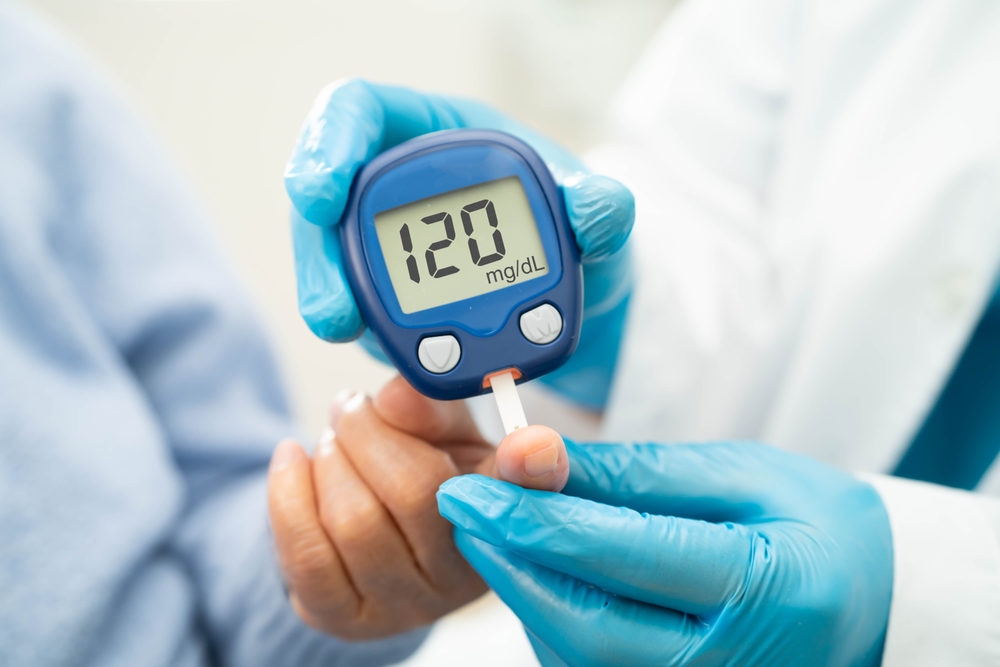
When it comes to cholesterol, the ultimate takeaway is that balance is key. Striving for a perfectly low cholesterol level is not the goal—optimizing the ratio between HDL and LDL is what matters. There’s no need to panic over every small fluctuation in your cholesterol numbers, but stay mindful of how your lifestyle impacts your heart health.
If you can maintain a balanced diet, manage stress, and get regular exercise, you’re already on the right track. Don’t let the cholesterol conversation overwhelm you—focus on living your healthiest, most balanced life, and trust your body to do the rest. The right cholesterol balance will follow.
Natasha is a seasoned lifestyle journalist and editor based in New York City. Originally from Sydney, during a stellar two-decade career, she has reported on the latest lifestyle news and trends for major media brands including Elle and Grazia.


